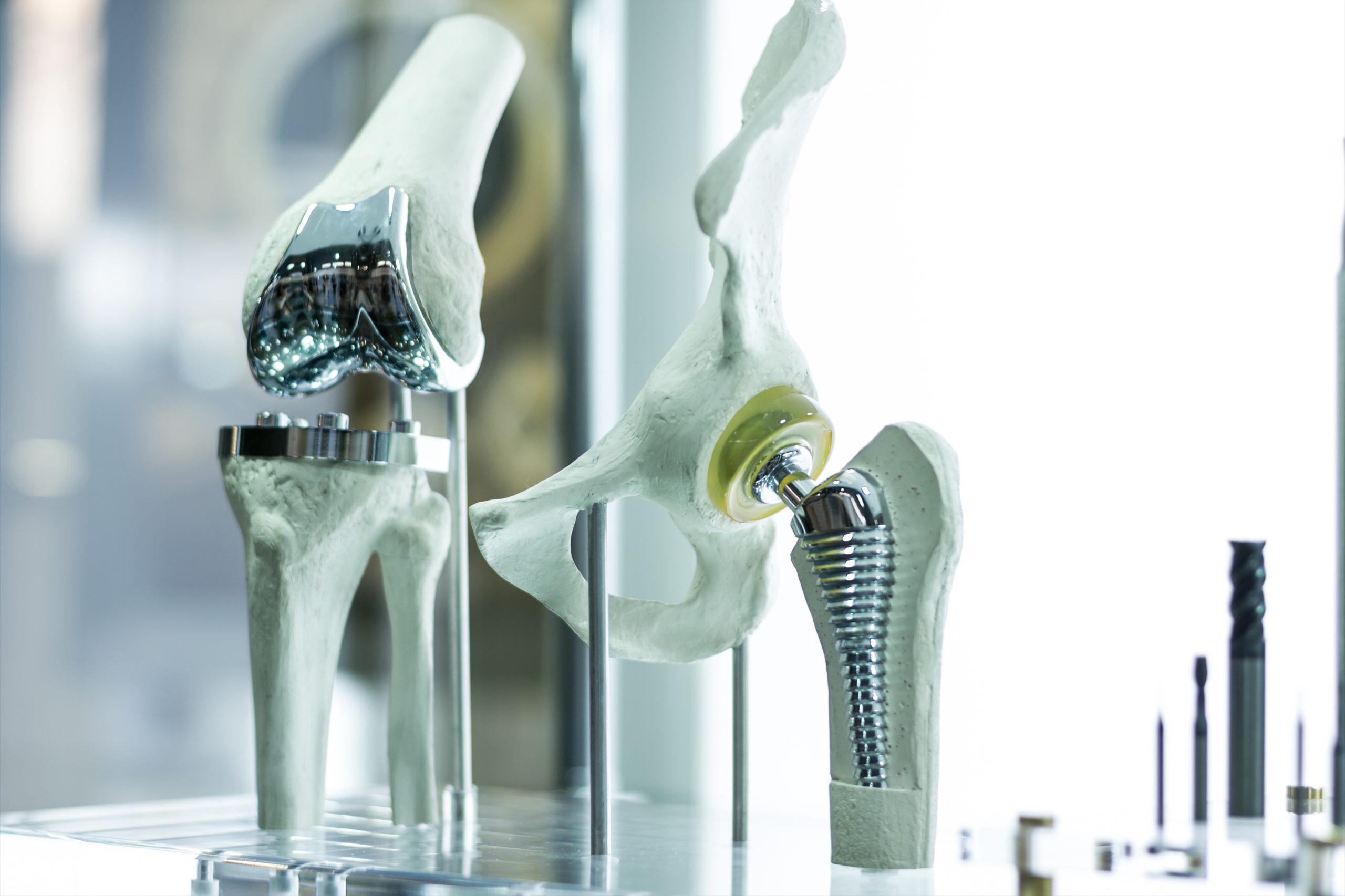Common Causes Leading to Joint Replacement
Expert Joint Replacement Surgeons in Kansas City, MO, Lenexa, KS, and Independence, MO.
What Are Common Causes Leading To Joint Replacement Surgery?
Comprehensive Joint Replacement Solutions
Are you battling with persistent joint pain and mobility issues? Orthopedic Health of Kansas City is your leading choice for joint replacement surgery.
Our expert team, including board-certified orthopedic surgeons, specializes in replacing diseased or damaged joints, predominantly focusing on knee and hip replacements. Our goal is to alleviate long-term pain and enhance your mobility, significantly improving your quality of life.
Will I Need Joint Replacement Surgery?
Joint replacement is a life-changing decision, often the last resort when less invasive treatments fail to alleviate severe pain and mobility problems. While hip and knee replacements are most common, our expertise extends to ankle, wrist, shoulder, and elbow replacements.
What Are The Causes of Joint Replacement Surgery?
Persistent Joint Pain: Often a result of severe arthritis, chronic pain is the primary reason patients opt for joint replacement.
Injuries and Fractures: Previous injuries can lead to joint deterioration, necessitating surgical intervention.
Arthritis-Related Joint Damage: Rheumatoid arthritis, psoriatic arthritis, and similar conditions frequently lead to joint replacements.
Osteoarthritis: This wear-and-tear arthritis is a prevalent cause of knee and hip replacements.
Osteoporosis (Brittle Bone Disease): Causes fragility fractures that may require hip replacement.
Degeneration from Wear and Tear: Regular activities, occupational demands, sports, or aging can contribute to joint degeneration.
How Will I Know If I Need Joint Replacement Surgery?
Joint replacement may become a necessity when you experience relentless joint pain and functional limitations despite trying medications, physical therapy, and lifestyle changes. It’s about restoring your ability to enjoy life, perform daily tasks, and engage in your favorite activities without debilitating pain.
What Can I Expect Recovering From Joint Replacement Surgery?
Recovering from joint replacement surgery is a journey. Most patients report a dramatic reduction in pain and a significant improvement in their ability to perform everyday activities. Our post-operative care includes an extensive rehabilitation program to help you regain strength, mobility, and confidence in using your new joint.
Your recovery time will depend on the type and placement of the replacement joint.
What Are The Benefits of Joint Replacement Surgery?
Joint replacement surgery at Orthopedic Health of Kansas City isn’t just about pain relief; it’s about enhancing your overall quality of life. Whether returning to a favorite hobby, being more active with your family, or simply enjoying a pain-free life, our surgeries have a transformative impact.
Joint Replacement Surgery with Orthopedic Health of Kansas City
If you’re considering joint replacement surgery, we’re here to help. Orthopedic Health of Kansas City serves residents in Kansas City, MO, Lenexa, KS, and Independence, MO. We invite you to schedule a consultation to explore your options and learn more about how we can help you regain mobility and live pain-free. Call us at (816) 290-7408 or fill out our online form. Our friendly staff and expert surgeons are eager to assist you on your journey to a healthier, more active life. We serve patients from Kansas City, MO, Lenexa, KS, and Independence, MO.
Categories: News
